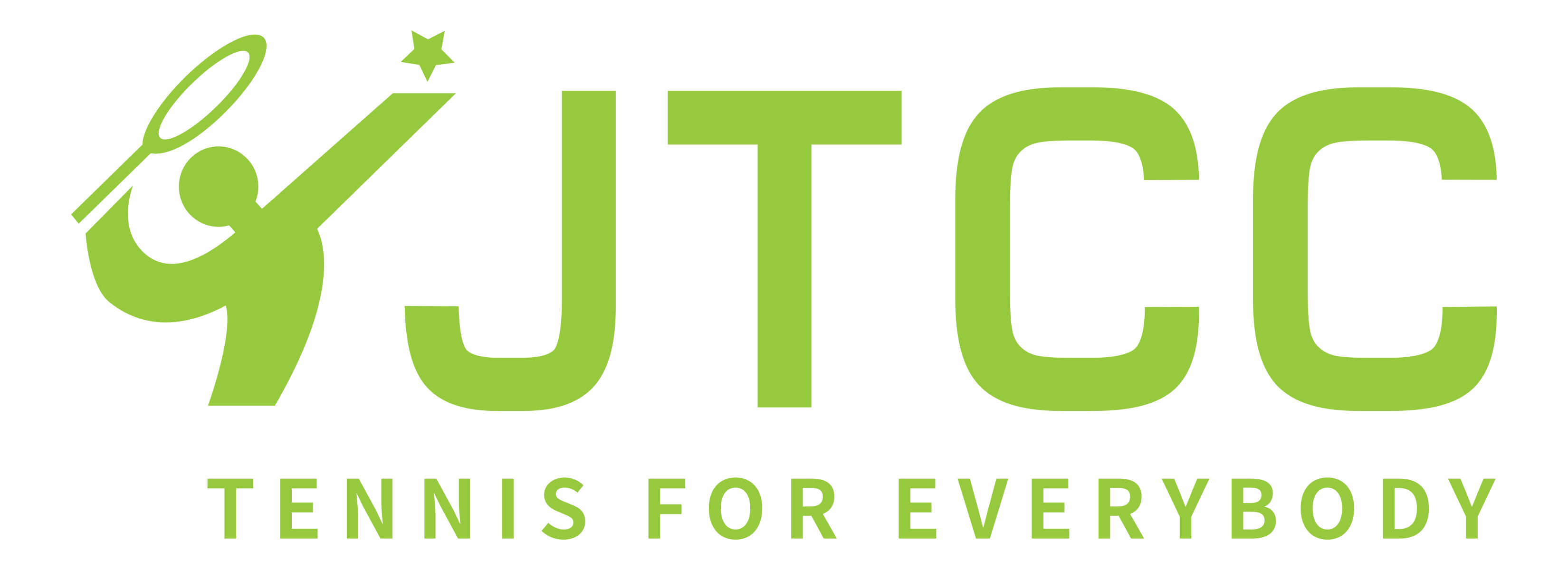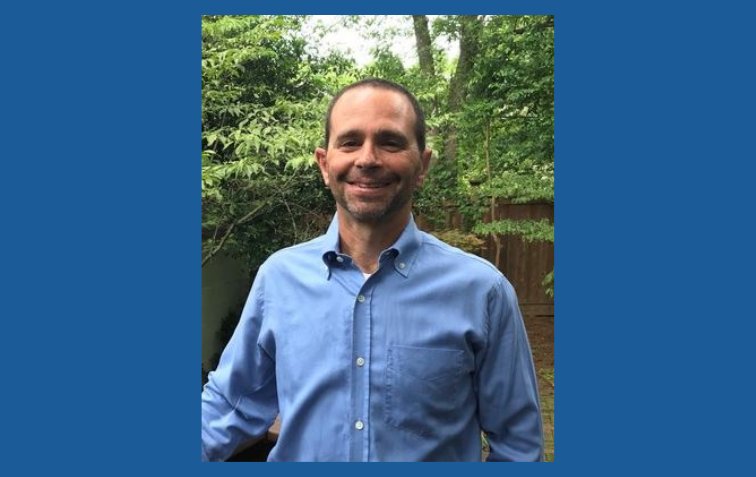Often times during a sport psychology session, on the cusp of a breakthrough, a client will share something they’ve been keeping to themselves. But before doing so, they offer a disclaimer. “I know I shouldn’t feel this way,” they say, “But…”
The confessions that follow run the gamut. “I know I shouldn’t think this, but I hope my opponent gets injured,” some say. For others, it’s, “I wish I would get injured.” Then there’s those who admit to worrying what others think about them, or who sometimes hope they lose, or who worry too much about rankings, or who wish they had never come to the tournament in the first place.
When clients disclose these previously forbidden thoughts and feelings, I aim to do two things. (Though much has been written about “thoughts” versus “feelings,” we’re using the terms interchangeably here.) First, I compliment them for talking about it, for when we ignore or repress nagging thoughts, they tend to weigh us down in secret, unconsciously. Bringing them out into the open lets us deal with them directly. Second, I validate the unwanted thought or feeling, telling clients there are viable reasons they feel that way.
The second response is sometimes puzzling. Many clients are expecting to be told not to think this way or not to feel that way. Indeed, giving ourselves permission to be afraid or worried or to care what others think may feel like going to the “dark side.” Wouldn’t it be best not to think such things at all? Perhaps so -and therapy can often help – but I’ve yet to meet anyone who can fully control their own thoughts and emotions simply by telling themselves how to feel. Nobody goes to bed at night wanting to wake up nervous the next day, but it happens nonetheless. So rather than admonishing a client for thinking something they already wish they didn’t, I encourage them to acknowledge the thought – rather than to deny it or, worse, beat themselves up over it. Through deeper reflection and exploration, we can often discover why these unwanted thoughts are emerging in the first place, and then address them at their root. In the meantime, however, there are matches to be played.
Accepting the presence of unwanted thoughts and feelings is the beginning of mindful awareness. In a mindful stance, we notice our thoughts and feelings without trying to judge or control them. Instead, we acknowledge them and then decide what to do next. The self-talk of a competitor who is both anxious and mindful may sound like this: “Oh no, my family and teammates are all watching. If I mess up now it will be so embarrassing…(brief pause)…okay, so I’m feeling kind of nervous. Play through it and focus on the next point.”
Here the player mindfully acknowledges how they’re feeling without getting caught up in it. A less mindful and more judgmental approach would be: “Oh, no, I’m feeling nervous and worried about embarrassing myself. What’s wrong with me? I can’t expect to perform when I’m so negative all the time.” The mindful response lets us focus on the task at hand regardless of how we’re feeling, whereas a judging response leads to a cycle of psychological infighting.
Of course, if we can prevent troubling thoughts in the first place, we ought to do so. It’s analogous to preventing physical injury. We’d prefer to be fully healthy all the time. Yet the physical and psychological demands of sport make that near impossible.
Sometimes we have no choice but to play through a little pain, whether that pain be physical or psychological. So, if you find yourself feeling anxious or worried or angry, don’t despair. Instead, accept it and proceed. Relish it even. After all, you can’t be courageous without overcoming fear. More often than not, it’s the presence of your unwanted thoughts and feelings – not their absence – that give rise to the mental toughness you’re seeking.
David Sacks is the owner of Nashville Performance and Psychology with more than two decades of experience in mental health and performance fields. Sacks has worked with athletes from youth to professional levels, including NCAA champions and Grand Slam competitors. He is currently a consultant for JTCC High Performance players.



